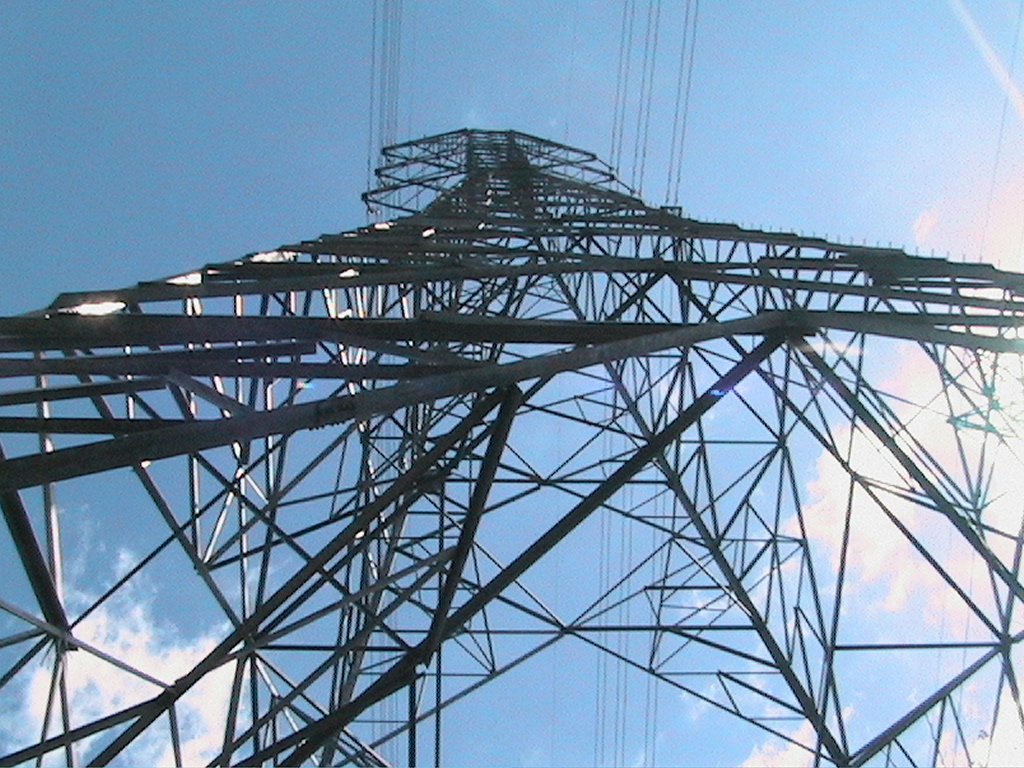The housing crisis is a complex issue that has developed over many years, with numerous contributing factors such as rising property prices, stagnant wages, and a shortage of affordable housing. While there is optimism that a solution could emerge relatively soon, there are several challenges and uncertainties surrounding the role of politics in this process.
Political will is essential for addressing the housing crisis effectively. Governments must prioritize housing policies that encourage the construction of affordable units, provide support for those facing housing insecurity, and implement regulations that prevent speculative practices in the real estate market. However, political agendas can often be influenced by a multitude of factors, including economic conditions, public opinion, and lobbying from the property sector.
Moreover, the housing crisis is not solely a problem that can be resolved with new legislation; it also requires a collaborative approach involving various stakeholders, including local governments, housing authorities, non-profit organizations, and the private sector. Aligning these interests can prove challenging, especially in a political landscape where differing opinions and priorities coexist.
Ultimately, while a political solution may be on the horizon, relying solely on politicians to deliver it may be optimistic. Active participation by communities, advocacy groups, and concerned citizens is crucial to ensure that measures taken are comprehensive and address the root causes of the crisis. Sustainable solutions will require a concerted effort beyond the political sphere, including innovative funding models, community-led initiatives, and a focus on long-term impacts rather than short-term fixes.



